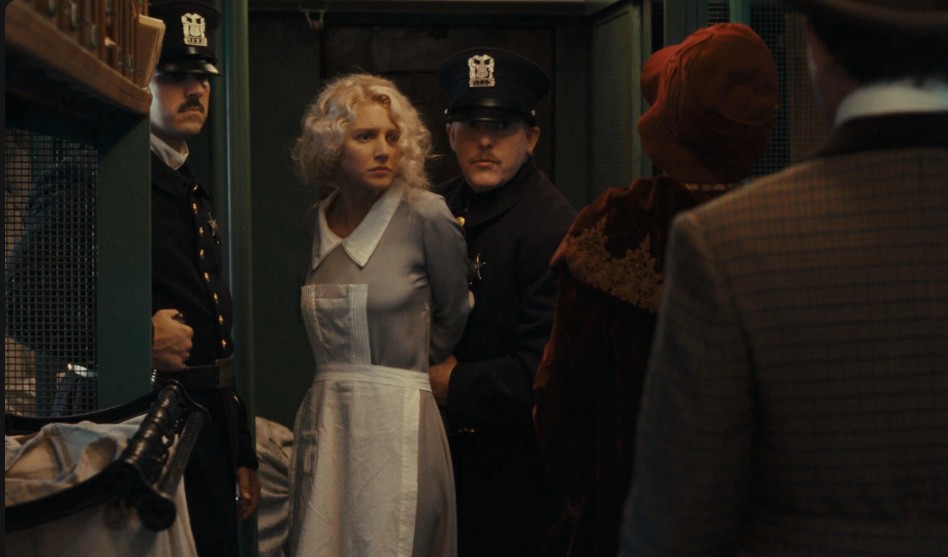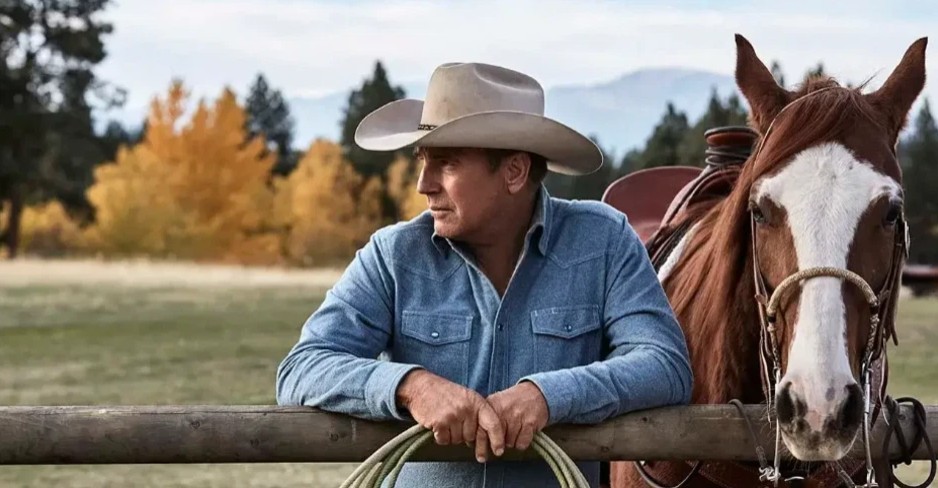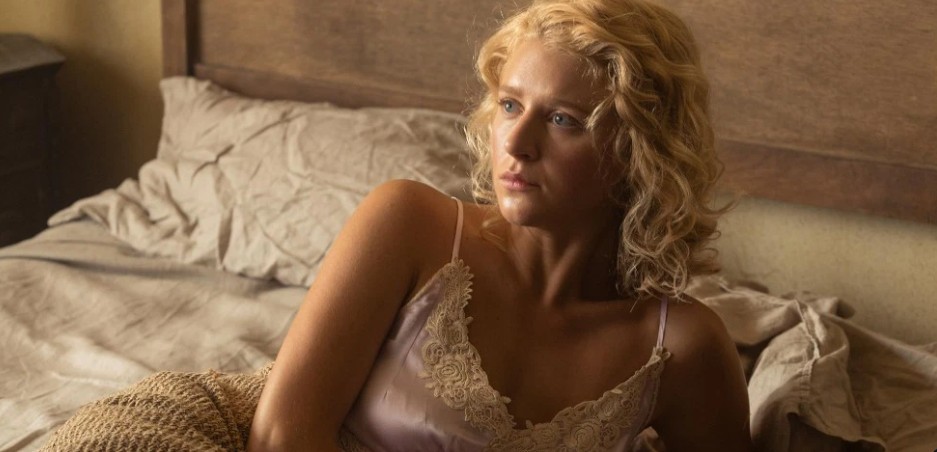Sometimes life hands you lemons, and sometimes it hands you the sourest of oranges. Taylor Sheridan’s decision to kill off Alex in 1923 left fans with more than just a bad aftertaste. We mean, c’mon—this was a character that was carved out with such grit, rawness, and depth, only to have her meet an unceremonious end with what some would say is no real purpose.
While Elsa’s death in 1883 was pivotal, pushing the narrative of the Dutton ranch forward, Alex’s demise just feels… unnecessary.

For many of us, there’s a real question here—why invest so much in shaping Alex into a strong, fierce woman, only to take her away before her story truly began? She went from a character who waited in the truck for a rescue to one who fought tooth and nail for survival.
1923 season 2 finale: Why Alex’s death feels unnecessary
As much as we try to remind ourselves that the storytelling in Yellowstone and its prequels has never been afraid to make bold decisions, Alex’s (Julia Schlaepfer) death just doesn’t sit right with us. Sure, Elsa’s death in 1883 set the stage for the legacy of the Duttons and their ranch, but Alex’s death feels like a punch below the belt without a real payoff.
Maybe it’s because she was one of the few characters in 1923 that had real promise, offering not just strength but a future with Spencer, a chance to solidify the modern family of the Duttons.
Taylor Sheridan had one chance to tie her fate into a meaningful narrative that could potentially push the Yellowstone universe forward. Instead, he gave us the opposite—an emotionally draining story where Alex’s survival was simply a stepping stone for other characters.

Alex’s arc showed so much growth. After everything she’d gone through, Sheridan decided to pull the rug out from under us by killing her off.
To take that away, to essentially cancel her character’s development with a premature death, feels like a cheap shot, leaving us to wonder what might have been. Was this a necessary step for the story, or was it just a poor decision?
Let’s see what fans are saying:
This move makes Kevin Costner’s departure from Yellowstone look like a decision made with precision, not because Sheridan decided to rip the heart out of his own narrative. Alex’s death, in particular, feels like a jarring misstep that not only undermines the character’s development but also leaves 1944—the upcoming prequel—shaky at best.
Brandon Sklenar’s return, Alex’s fate & the future of 1944
But there’s hope, though, with the potential return of Spencer in 1944. Brandon Sklenar has already expressed interest in reprising his role (see Variety), and we would love to see him back.
But the real question is whether it’ll be enough. How much will his journey matter without Alex by his side? In 1923, their relationship was central to the narrative, and with her death, it feels like a massive void has been left.
A hole that can’t just be filled by Spencer alone!
We mean, Spencer and Alex were meant to carry the torch forward, to solidify a new chapter of the Dutton legacy. Jack and Elizabeth don’t seem to have the grit needed to carry on. They might have the bloodline, but they lack the strength that Spencer and Alex possessed.
This is not just about Alex. That being said, Taylor Sheridan had a real opportunity to make 1923 Season 2 set us up for something epic in 1944, but instead, he left us with more loose ends than a cheap sweater.
There was so much potential to develop Banner’s story further, to create a narrative of redemption and forgiveness. But Sheridan decided to leave Banner hanging at the edge of ruin.

Now, with 1944 on the horizon, there’s an air of unease around what Sheridan will do next. Will he pick up the pieces from this mess, or will he continue to weave a story that leaves us second-guessing every move he makes?
The future of the ranch, of the legacy of the Duttons, might now hinge on Spencer’s shoulders alone. And honestly, without Alex beside him, it feels like a hollow promise.
The ranch, as fans like to speculate, might rightfully belong to Jack, but we wonder if that inheritance would even matter. If Jack’s children are anything like him, incapable and weak, the ranch might find its way to Spencer and his heirs.